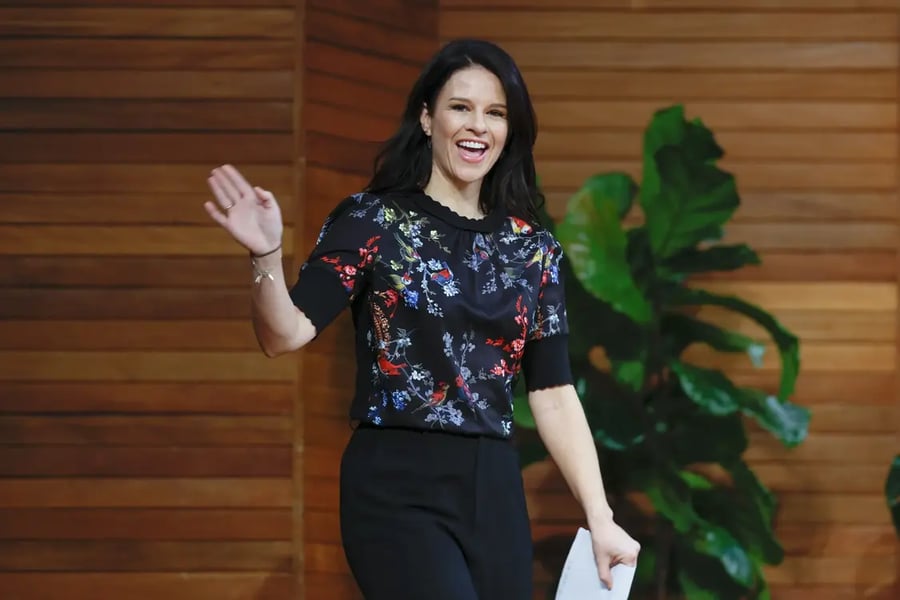A damning report has revealed that te reo Māori words have been almost completely banned from a series of books designed for younger readers.
As per 1News, an Education Ministry report showed that New Zealand Education Minister Erica Stanford decided late last year to exclude all Māori words except for characters’ names from new books included in the Ready to Read Phonics Plus (RtRPP) series.
According to the paper, Stanford’s decision was driven by concern Māori words were confusing for young children learning to read English.
“Under this option, we would not include kupu Māori in all phases of the RtRPP scope and sequence for any future books. The 13 RtRPP books currently in development do not contain any kupu Māori, apart from character names,” the report read. “[…] the RtRPP resources are expected to have a lifespan in schools of approximately 10 years, so it would take several years for the books containing kupu Māori that are currently in circulation to be replaced in practice.”
Stanford told RNZ her decision affected only 12 books that would finish the series, and claimed the series, including 27 books with Māori words, could then be reprinted.
As per the report, Stanford also told the ministry to develop a teaching sequence in the English curriculum to help teachers prepare their students to read Māori words from their second year at school onwards. As Stanford told RNZ, she believed that would stop teaching children to pronounce and read te reo Māori from being “left to chance.”
“These are very early readers that teach children to learn to read and there are already ‘heart’ words in there that children have to memorise in English and if there are some te reo words in there as well, then that’s okay and we’ll leave them as they are,” she said.
Love Music?
Get your daily dose of everything happening in Australian/New Zealand music and globally.
The document showed Stanford made the decision after consulting with “experts in structured literacy approaches” who told her that including two different languages in the books could potentially confuse learners.
Literacy experts told RNZ this week, however, that Māori words were part of everyday New Zealand English and didn’t present problems for beginning readers.
According to the document, 26 of the 75 books in the series had up to just three Māori words, while another, At the Marae, had six.
The ministry’s paper said the series was designed to teach the reading of English “and the sound-letter correspondences in English.”
“Our advice to schools is to teach kupu Māori in RtRPP books as “told” words. The foundational skill of phonic decoding within the resources is based on the English language and students are not expected to decode the kupu Māori,” it stated.
It’s another troubling example of the New Zealand government’s increasing pushback against the language.
Last September, New Zealand’s Māori language commissioner described the government’s policies to limit the use of te reo Māori in the public service as “a risk.”
“Any affront to the efforts that we have been making has to be taken seriously,” the commissioner, Prof Rawinia Higgins, told The Guardian. “We’re seeing a reaction – only from a small corner of people, but enough that we don’t want that to snowball.”
In an interview with Rolling Stone AU/NZ last year, Aotearoa alt-pop artist Theia — who also performs as TE KAAHU, her Māori language project — passionately spoke out against the government’s policies.
“I’m shell-shocked at the colonial violence this new government has caused,” she told us. “The wounds of intergenerational trauma we have actively been trying to heal torn open, and this system threatening decades of indigenous progress in tino rangatiratanga. It makes me furious.”



































